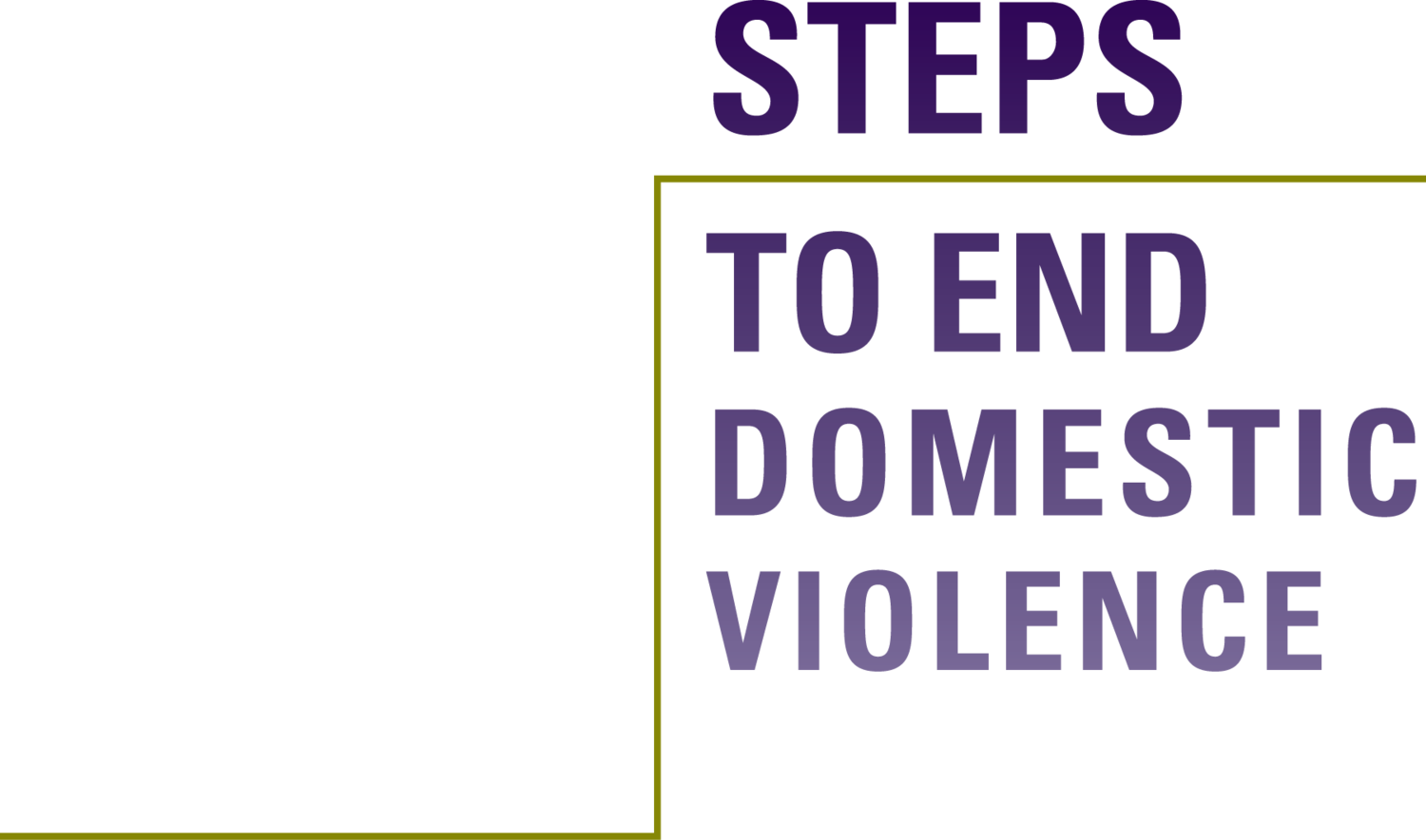By Bessie McManus, Development + Communications Intern
As we settle into the New Year, we reflect on how far we’ve come in the last 365 days, and we make notes of our New Year's Intentions. One of our intentions around the office at Steps to End Domestic Violence is not only to continue raising awareness of DV in all its forms, but also to clear up any misunderstandings about it because the issue is complex and can be confusing.
February is Teen Dating Violence Awareness Month, or TDVAM, and we’re here to speak to some of the common misconceptions surrounding this very real problem:
According to loveisrespect.org, 1 in 3 teens will experience physical, emotional, or sexual abuse by a partner. Abuse is traumatic and has serious adverse effects on survivors as they navigate adolescence and enter into adulthood.
While we may not experience the same emotional rollercoasters as teens, these feelings are real and throwing young romance into the mix adds another stressor. Dr. Wyndol Furman, an editor of The Development of Romantic Relationships in Adolescence, refers to adolescence as “a roiling emotional caldron whose major fuel -- more than parents, peers or school and almost as much as those things combined -- is [their romantic partners.]'' Teens’ lack of emotional control can make setting boundaries and having healthy relationships difficult, so it is important that we validate their feelings so we may better understand them.
Many teens aren't familiar with the signs of abuse. What may first appear as endearing and thoughtful can quickly turn into controlling and manipulative. This is why it’s vital that we have these conversations--to educate folks so they know when their partners behavior has gone too far.
Survivors may withdraw and disassociate from their friends and family because they are afraid; it can be hard to tell when someone we love is being abused because they might be hiding it. Recognizing the warning signs is the first step helping survivors.
In a perfect world, convincing those experiencing abuse to separate themselves from their abusers would be as simple as saying, “you don’t deserve this.” The reality is, however, that we have to choose our words carefully. At Steps to End Domestic Violence, we work to empower survivors rather than offer advice or interject with personal opinions. Remaining calm is hard when someone we love is hurting, but we want to cultivate an environment conducive to feeling safe and understood.
According to DoSomething.org, only one-third of teens involved in abusive relationships tell anybody.
So what can we do? We can start conversations with teens before they start dating. We can teach them what a healthy relationship looks like and open the lines of communication so that if a teen does enter an abusive relationship, they will have someone to confide in.
If you or someone you know might be experiencing intimate partner or dating violence, call our 24-hour hotline at (802) 658-1996.






